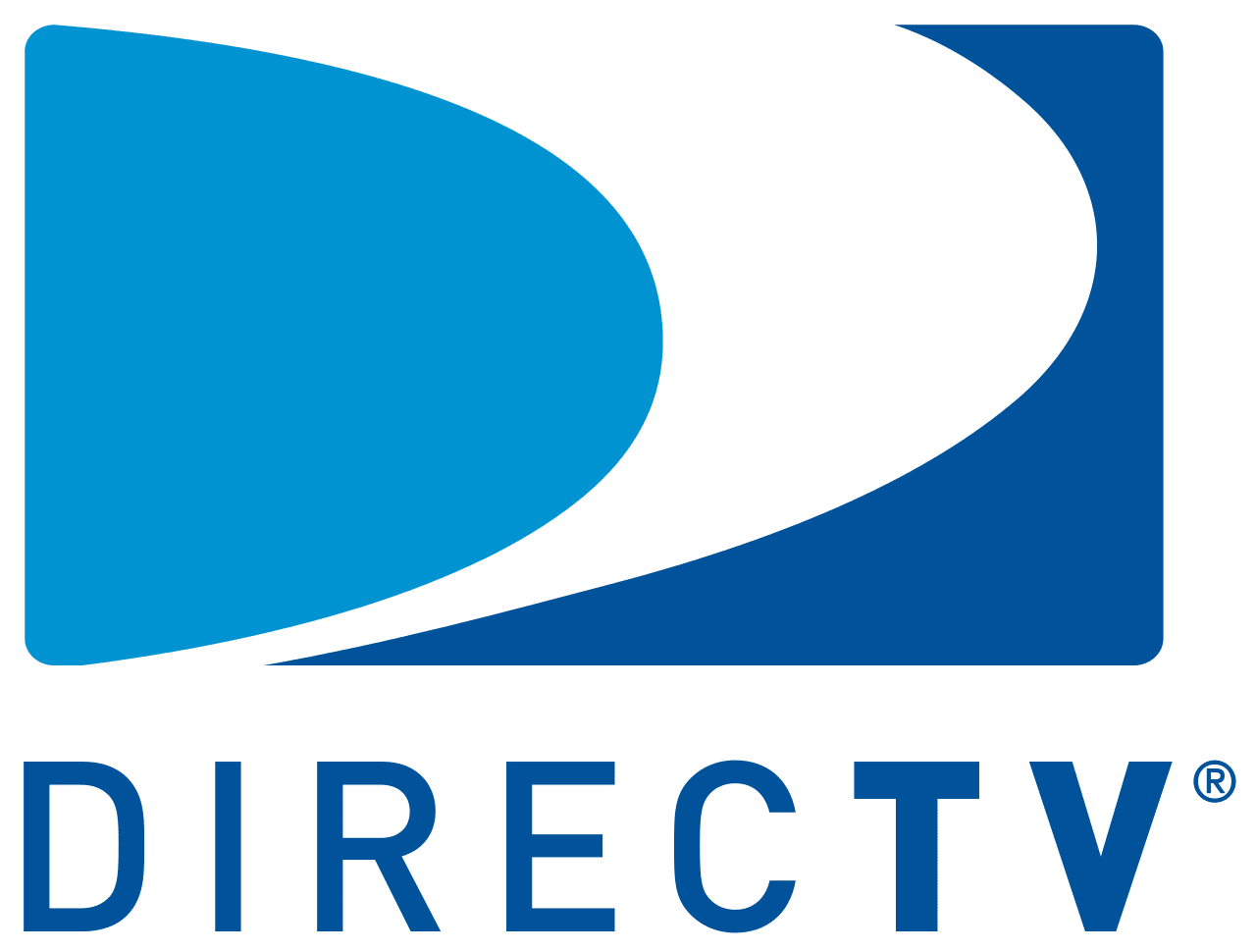Imburgia and Greiner v. DIRECTV
Los Angeles Superior Court No. BC 398295
Court of Appeal, Second Appellate District, No. B239361
During 2008, Consumer Watchdog received complaints from the public concerning unexpected and undisclosed equipment charges by DIRECTV when customers terminated satellite television service, either because they moved and the service wasn’t available in the new location or the equipment stopped working. DIRECTV would charge the customers an undisclosed “early cancellation fee” (ECF) of up to $480, often taking the money directly out of a consumer’s credit card or bank account without the customer’s permission.
On September 18, 2008, Consumer Watchdog joined with Milstein Adelman LLP and the Law Offices of F. Edie Mermelstein to file a lawsuit against DIRECTV on behalf Los Angeles resident Kathy Greiner and all other Californians who were or may be assessed the ECF. Greiner’s complaint was later consolidated with another lawsuit brought by plaintiff Amy Imburgia, also a California resident.
The joint complaint alleges that DIRECTV failed to disclose to purchasers that it imposed an 18 or 24 month term of service and that cancellation before the end of the term would result in enormous penalty fees. The company would also automatically extend the “contractual obligation” by another year or two if malfunctioning equipment needed to be replaced or the customer decided to make a change to programming or other services. DIRECTV charged the fee to customers’ credit cards, or even took the funds out of their checking accounts. These policies were not properly disclosed to purchasers beforehand, and consumers did not agree to them, the suit states. Similar suits were filed in federal courts throughout the country. The federal cases were consolidated in one federal court in Los Angeles in In re: DIRECTV Early Cancellation Fee Litigation, C.D. Cal. Case No. 09-MDL-2093 and were dismissed in December 2013 after the Ninth Circuit Court of Appeal ordered those cases to proceed in arbitration.
In January 2009, DIRECTV asked the Los Angeles Superior Court to place the case on hold until the suit in federal court in California was completed. Consumer Watchdog and other lawyers for Greiner and Imburgia urged the court to let their case proceed. In July 2009, the court agreed to allow the state case to move forward.
In May 2011, the court certified the action as a class action to include all current and former DIRECTV customers in California who have been charged an early cancellation penalty during the period from September 2004 through the resolution of the case.
Shortly after the court granted class certification, DIRECTV asked the court to dismiss the case and force consumers to resolve their complaints one by one through a private arbitration, rather than through a class action. The superior court denied DIRECTV’s request and the company appealed. The Second District Court of Appeal rejected DIRECTV’s contentions in April 2014. The company then petitioned the U.S. Supreme Court, which agreed to hear the case.
UPDATE TO FORMER DIRECTV SUBSCRIBERS IN CALIFORNIA REGARDING EARLY CANCELLATION FEES
On or about September 17, 2008, Plaintiffs brought a lawsuit in California against DIRECTV captioned Amy Imburgia and Kathy Greiner v. DIRECTV, Inc., (Superior Court for the County of Los Angeles, Case No. BC398295). The lawsuit challenged DIRECTV’s early cancellation fees (ECFs) on behalf of California DIRECTV customers who were charged by and/or paid to DIRECTV such fees. The case progressed through a series of rulings and appeals over the years culminating in a ruling by the United States Supreme Court that the individual claims were subject to arbitration. DIRECTV, Inc. v. Imburgia, et al., 136 S. Ct. 463 (2015).
While the case was pending, the statute of limitations applying to any individual California putative class member’s claims covered by the lawsuit was tolled, meaning time was not running out. However, with the dismissal of the lawsuit on December 17, 2019, the tolling has expired, meaning that to the extent you had an ECF–related claim covered by the lawsuit, your statute of limitations has begun to run again from the date you incurred the ECF. If you wish to pursue such a claim against DIRECTV, you should initiate an arbitration proceeding under the arbitration rules specified in your DIRECTV Customer Agreement effective at the time you canceled your service and were assessed an ECF.
UPDATE: US Supreme Court Reveals Little In Oral Argument On DIRECTV Case
UPDATE: US Supreme Court to Hold Hearing on Consumer Lawsuit Against DIRECTV
UPDATE: DirecTV Ripoff Lawsuit, Challenging $480 Cancellation Fee, Moves Forward
UPDATE: Court Denies Preliminary Injunction Against DirecTV
PRESS RELEASE: Consumers Ask Court To Stop DIRECTV From Taking Disputed “Cancellation Fees” Out Of Bank Accounts, Credit Cards
Read the lawsuit complaint against DirecTV.
Read news releases issued by Consumer Watchdog about this case here, here and here.

